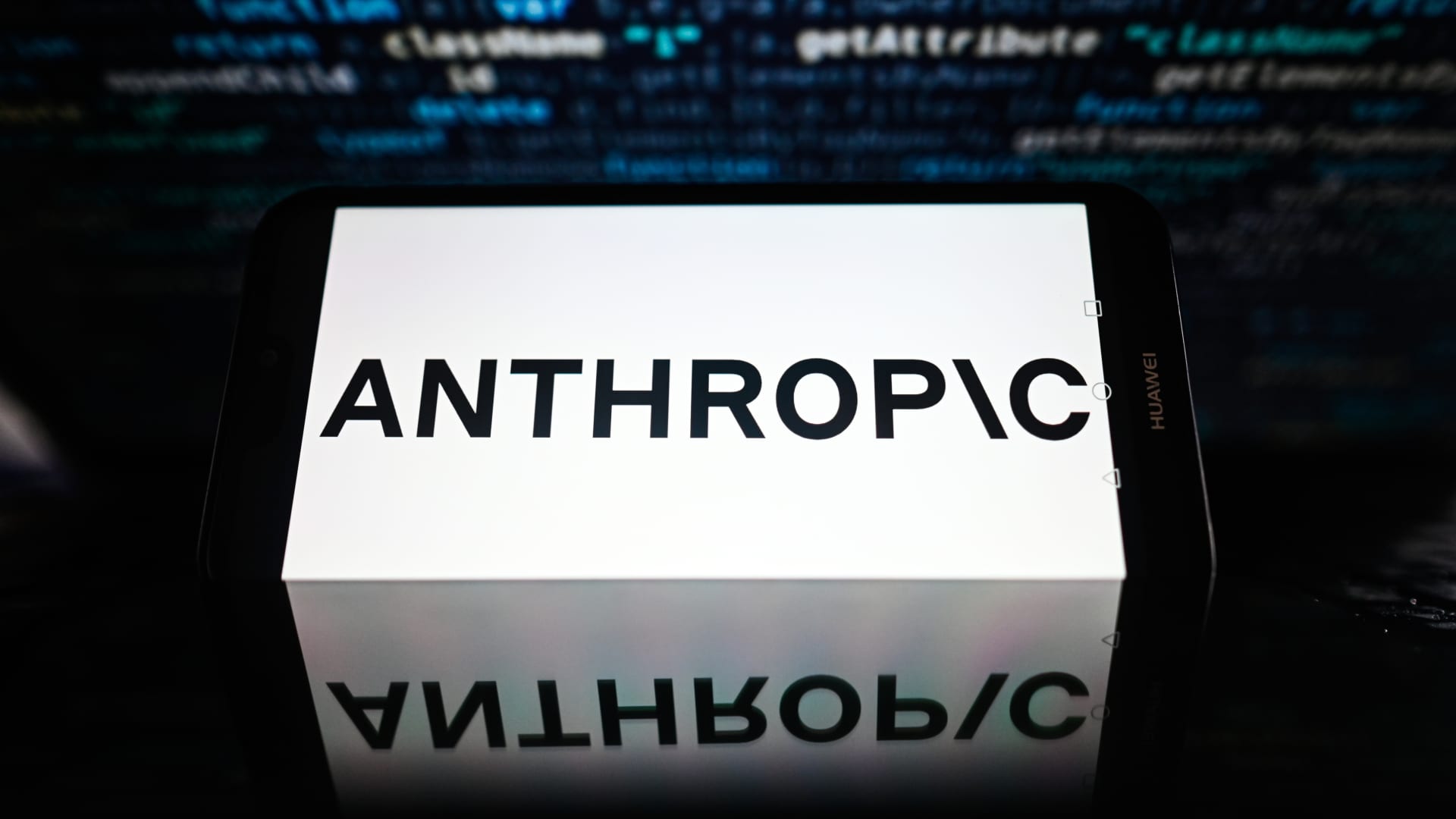Anthropic Unveils Powerful Chatbot Claude 3 Supported by Amazon and Google
Główne pojęcia
Anthropic introduces its latest AI models, Claude 3 Opus, Sonnet, and Haiku, surpassing industry benchmarks and offering multimodal support.
Streszczenie
Anthropic launches Claude 3 with Opus outperforming competitors like OpenAI's GPT-4 and Google's Gemini Ultra. The company expands into multimodal support allowing users to upload various data types for analysis. Anthropic's growth from a promising startup to a leading AI firm is backed by major investors like Google, Salesforce, and Amazon.
Anthropic, backed by Amazon and Google, debuts its most powerful chatbot yet
Statystyki
Claude 3 Opus outperformed OpenAI's GPT-4 and Google's Gemini Ultra on industry benchmark tests.
$7.3 billion invested in Anthropic over the past year.
Record $29.1 billion invested in generative AI field in 2023.
Between 60 and 80 people worked on the core AI model for Claude 3.
Claude 3 can summarize up to about 150,000 words.
Cytaty
"In our quest to have a highly harmless model, Claude 2 would sometimes over-refuse." - Daniela Amodei
"The world is multimodal...the world is much bigger than text." - Brad Lightcap
"Of course no model is perfect...we've tried very diligently to make these models as capable and safe as possible." - Daniela Amodei
Kluczowe wnioski z
by Hayden Field o www.cnbc.com 03-04-2024
https://www.cnbc.com/2024/03/04/google-backed-anthropic-debuts-claude-3-its-most-powerful-chatbot-yet.html
Głębsze pytania
How will the expansion of multimodality impact the future development of AI technologies
The expansion of multimodality in AI technologies is poised to revolutionize the way we interact with and utilize artificial intelligence. By incorporating options like photo and video capabilities into generative AI models, developers can create more immersive and engaging user experiences. This shift towards multimodal AI opens up new possibilities for applications in various industries such as healthcare, education, entertainment, and more. For example, in healthcare, doctors could use multimodal AI to analyze medical images alongside patient data for more accurate diagnoses. In education, students could benefit from interactive learning experiences that incorporate visual aids and personalized feedback through multimodal AI platforms.
Furthermore, the integration of multiple modalities allows AI systems to better understand human communication patterns by processing not just text but also visual information and audio inputs. This enhanced understanding can lead to more contextually relevant responses and improved overall user satisfaction. As the field of multimodal AI continues to advance, we can expect to see even greater innovation in areas such as natural language processing, computer vision, speech recognition, and beyond.
What potential ethical concerns could arise from the increasing complexity of AI models like Claude 3
The increasing complexity of AI models like Claude 3 raises several ethical concerns that must be addressed proactively by developers and regulators alike. One major concern is the potential for bias amplification within these advanced systems. As these models become more sophisticated and capable of generating content across different modalities (textual, visual), there is a higher risk of perpetuating existing biases present in training data or inadvertently introducing new biases into generated outputs.
Another ethical consideration is the issue of accountability when it comes to decision-making processes carried out by complex AI systems like Claude 3. With their ability to process vast amounts of data quickly and generate responses autonomously based on learned patterns, there may be instances where decisions made by these models have significant real-world consequences without clear oversight or transparency.
Moreover, privacy concerns arise as multimodal AI systems are designed to handle diverse types of sensitive data including personal photos or documents uploaded for analysis. Safeguarding this information against unauthorized access or misuse becomes crucial to maintaining trust between users and these advanced AI technologies.
To address these ethical challenges effectively requires collaboration among stakeholders from technology companies, regulatory bodies, academia,and civil society organizations,to establish robust guidelines around fairness,data privacy,and accountabilityinAI developmentand deployment.
How might advancements in generative AI influence other industries beyond technology
Advancements in generativeAIare poisedto transform numerous industriesbeyond technologyby offering innovative solutionsacross various sectors.For instance,inthe medical industry,generativeAIcan assistcliniciansin diagnosingdiseasesmore accuratelyand developingpersonalized treatmentplansbasedon individualpatientdata.Ineducation,generativeAImodels canbe usedto createinteractivelearning materials,suchas virtual tutorsor customizedcurriculumsthat cater todifferent learningstylesandspeeds.These advancementsalsohave implicationsfor creativeindustriessuchasentertainmentand marketingwheregenerativeAImodelscan helpincontentcreation,personalizationof customerexperiences,and predictiveanalyticsformarketingsuccess.
Additionally,the impactof generativeAIextendsbeyondtraditionalindustriesintoemergingfieldslikeautonomousvehiclesand smartcities.By leveragingadvancedAIcapabilities,suchasnatural languageprocessing,imagegeneration,andpredictive modeling,AItechnologiescanenhanceefficiency,safety,and sustainabilityintransportationinfrastructuremanagement,resourcemanagement,and urbanplanning.Thus,the evolutionof generativeAIispoisedto reshapehow businessesoperate,citiesthrive,and individualsinteractwithtechnologyinthedigitalage.
0
